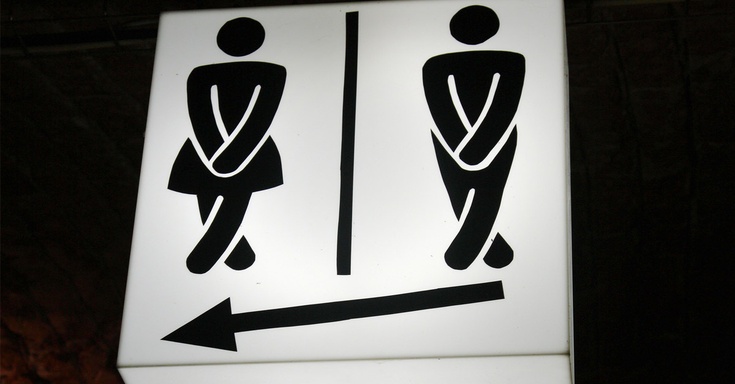
Diagnosing & Treating Incontinence Online
Incontinence is a very common and often embarrassing problem. The severity of the condition varies from occasionally leaking urine to an urge to urinate that’s so sudden and strong that you cannot get to the toilet in time. This condition does occur more often as people age, but it can affect people of all ages. Incontinence can often be treated, and seeking medical advice from a physician is the first step.
Many people experience occasional leaks of urine, but others may experience this more often. There are multiple types of urinary incontinence (see FAQ's below for descriptions of types of urinary incontinence), including:
- Stress incontinence
- Urge incontinence
- Overflow incontinence
- Functional incontinence
- Mixed incontinence
Urinary incontinence is not a disease – it’s a symptom. Urinary incontinence is a very common symptom for people with urinary tract infections (UTI's) and constipation. If you are struggling with incontinence, it could be a symptom of a more serious condition. Some cases of incontinence are temporary while others are persistent. Temporary urinary incontinence may be caused by the following:
- Alcohol
- Caffeine
- Chocolate
- Chili peppers
- Foods that are spicy
- Large doses of Vitamin C
- Carbonated drinks
- Artificial sweeteners
- And more.
Persistent urinary incontinence may be caused by underlying physical problems or changes, including:
- Childbirth and pregnancy
- Changes with age
- Menopause
- Hysterectomy
- Prostate cancer
- Obstruction
Discussing urine leaking with your physician may be uncomfortable, but if urinary incontinence is affecting your quality of life, it’s important to seek medical advice.
You and your online doctor can help determine the severity of your incontinence and what type of treatment is needed, or if a referral to a specialist is required.
During a video consult on TelaCare your doctor will ask you a series of targeted questions to determine if your symptoms point to urinary incontinence. Then your provider will proceed to determine the best treatment plan for you. Your provider may recommend in-person examination by a specialist if this is needed. Your treatment plan is based on the duration and severity of your symptoms and your medical history.
Once a diagnosis has been made, your doctor will go over the risks and benefits of the various treatment plans. Treatment for incontinence is different depending on the severity.
Options for treatment of incontinence may include:
- Bladder training
- Double voiding
- This means urinating, then waiting a few minutes and trying again
- Scheduled toilet trips
- Fluid and diet management
- Pelvic floor physical therapy



